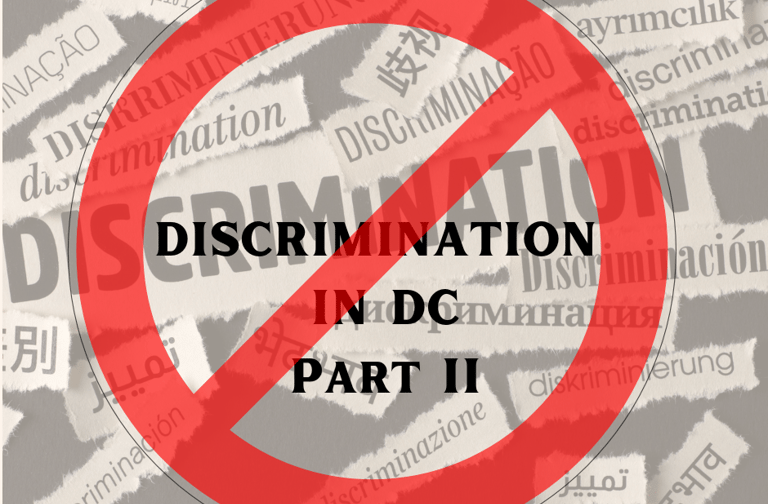In addition to the very broad provisions of the DC Human Rights Act I discussed in the prior blog, the Act was amended in 2022 to include even broader protections for DC employees.
These amendments make significant changes regarding which employees are covered and how the law is interpreted.
The 2022 amendment makes three primary changes in the Act.
1. It adds independent contractors to the definition of employees.
This is significant because prior to this independent contractors were not covered. It should be noted that this definition does not include a service vendor who provides a discrete service to an individual customer. DC Code § 1401.02(9)(B).




